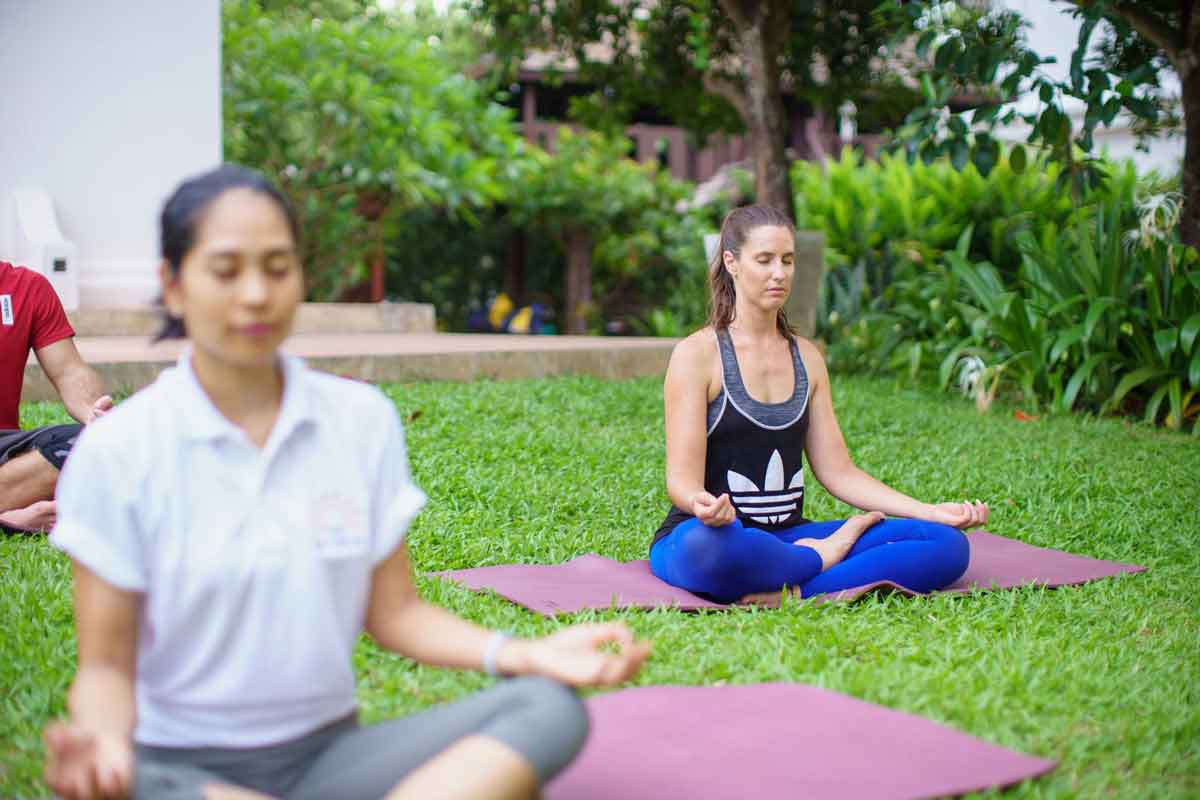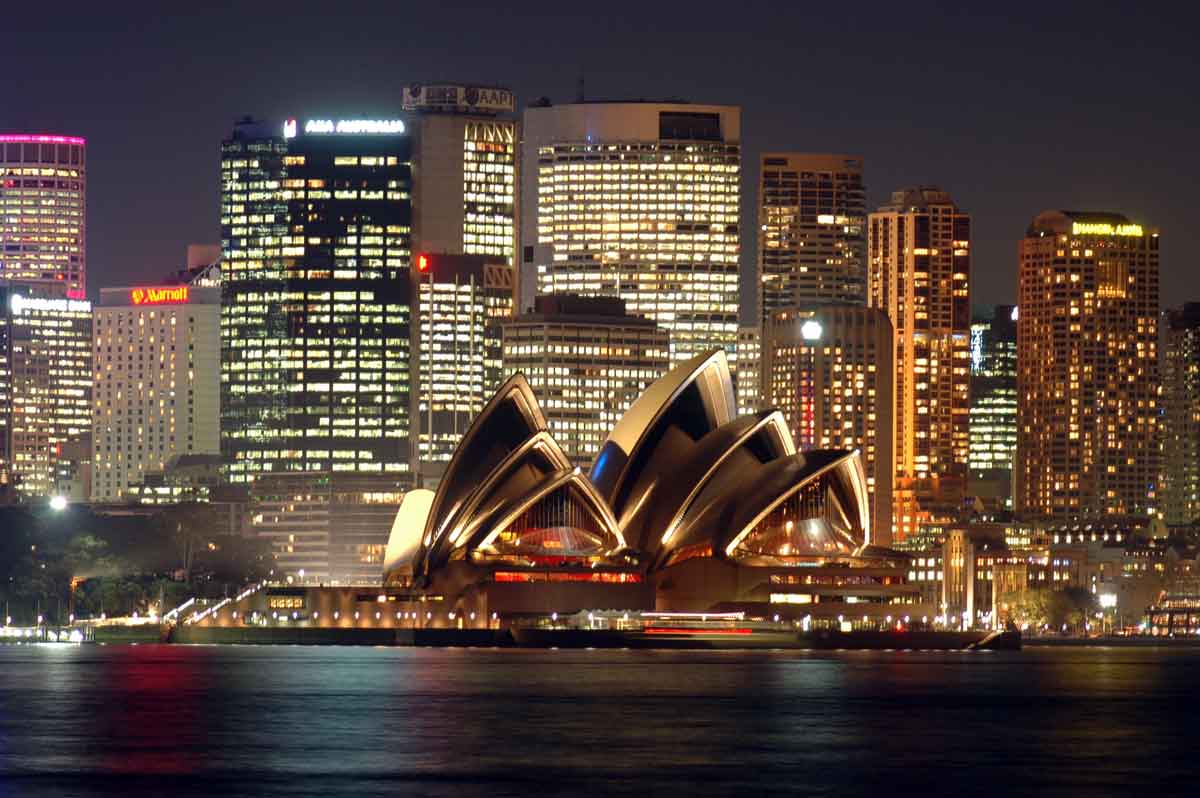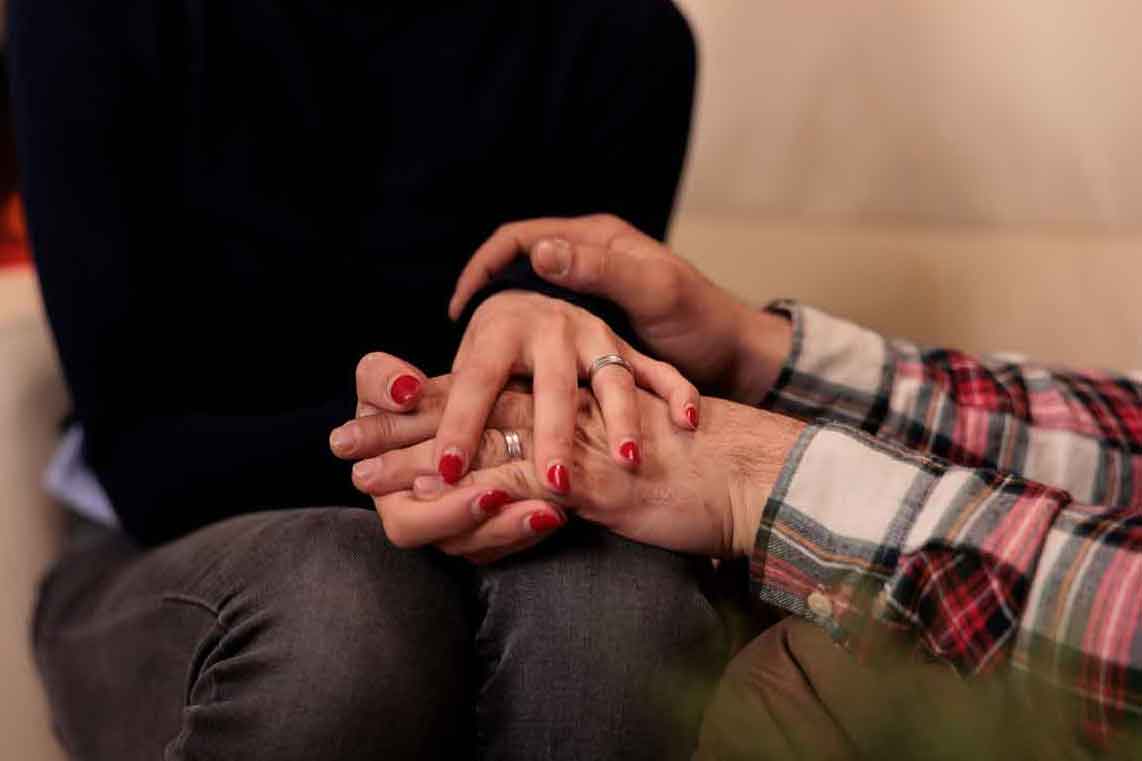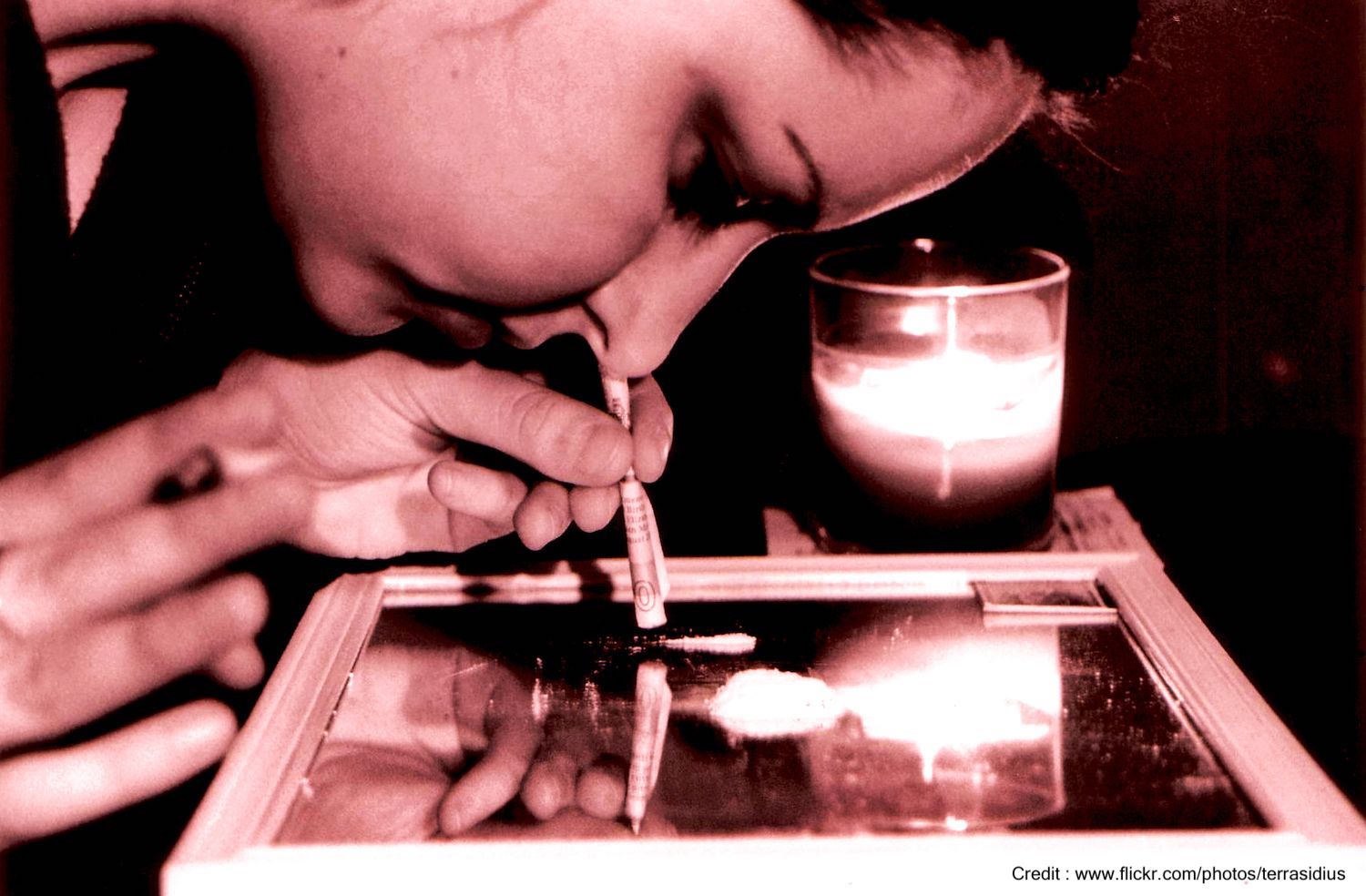Despite its longstanding status as a Class A illegal drug in the UK, cocaine remains a widely used substance for those looking for a quick boost in energy, confidence, and mood. However, its regular presence at parties, pubs and private residences shouldn’t be cause for comfort, but a warning sign of just how insidious this addictive drug can be.
It’s no secret that cocaine use is ubiquitous in the UK. A recent study reported that powdered cocaine is the second most-used drug in the United Kingdom, just after cannabis. While another study found that for about a third of users they could acquire cocaine faster than they could get a pizza delivered.
To address the ongoing problems of drug use, the UK government rolled out a new strategy in December 2021 to overhaul the current approach and put the focus of interventions on treatment and recovery. The announcement of the overhaul came out at the same time as reports of evidence of drug abuse in the Parliament building itself surfaced, with all but one of 12 lavatories there testing positive for traces of cocaine. The timing is both ironic and indicative of the pervasiveness of illicit drugs.
Many cocaine users have a sense that their use isn’t a problem unless they get caught, but the reality is that coke is far from a harmless weekend habit. Understanding the insidious way that casual use can turn into addiction is important for anyone simply brushing aside worries over their drug use.
A Lifestyle Drug?
Many people who use cocaine would not describe themselves as addicted, or even as being concerned over their use of the drug. This is partially because cocaine use has been normalised to a certain extent as a sort of social lubricant, one that can be delivered right to your door.
A 2019 article in The Guardian laid out the prevalence of cocaine in the UK in shocking detail, with a former Sun journalist naming “The Chelsea flower show, the opera, churches, a Momentum fundraiser, Peppa Pig World…” as just a few of the places he and his colleagues found traces of cocaine while working undercover. This is in addition to cocaine’s solid presence in pubs and clubs, where it is often used in combination with alcohol to boost confidence and ease social interactions.
When it seems like everyone else is doing it, and there aren’t any immediate ill-effects, it is fairly easy to write off your use as “casual.” However, there are several reasons why it is important to give it a second thought.
Cocaine and Your Health
You have likely noticed the increased levels of energy and alertness you have when you are high on coke. You may have even had a few uncomfortable experiences when you can feel your heart pounding too fast, or you felt dizzy or short of breath. Cocaine stimulates the central nervous system, which makes you feel good in the short-term, but in excess can also push your body to – and in some cases past – your physical limits, resulting in a stroke or heart attack.
People’s tendency to mix cocaine and alcohol leads to the production of a chemical in the liver called cocaethylene, which some studies have suggested can increase the risk of heart attack by 20 times, and escalates the potential for serious and permanent damage to the liver.
Even if you think that your use isn’t serious enough to result in a significant health issue, things that you can’t predict – underlying health problems, increased levels of drug purity, or different adulterants (other substances cut with the cocaine) – can prove you terribly wrong.
Cocaine and the Legal Implications
Cocaine is recognised as Class A drug in the UK, with potential punishments for use set as the imposition of fines or imprisonment up to seven years. That little baggy in your car, your pocket, your wallet, or your desk drawer could potentially seriously disrupt your life. In a flash, what was once a private activity may become very public to your colleagues and your family, and cause you to spend significant amounts of time and money on legal proceedings. Is it worth the risk?
Cocaine and Your Overall Mood
Part of the allure of cocaine isn’t just the energy boost, but the feelings of confidence and connections with others. You may enjoy the long conversations and sense of camaraderie that you feel when you’re high. This is directly related to cocaine’s effects on the brain, which triggers a rush of the feel-good neurotransmitter dopamine.
When that high wears off however, the levels of dopamine drop, and most people experience a crash that worsens in severity as use goes on. The crash makes you crave more cocaine, and generally includes symptoms like fatigue, irritability, depression, paranoia, and anxiety. If you felt on top of the world when you were high, you probably feel at the bottom of somebody’s shoe during a crash.
The longer you use cocaine, the more it impacts the areas of the brain that allow you to feel good, which can lead to lengthy stretches of depression and anxiety – and a tendency to seek out more cocaine. It’s this cycle that can pull people into addiction.
Letting Go of a Coke Habit – and Embracing Everything Else
It is normal for people to deny they have a drug problem by telling themselves that “I don’t do it all the time,” or “It’s not affecting my work or my personal life, so it’s fine.” While it is possible that your use hasn’t yet resulted in any significant external effects, it is also possible that you aren’t willing to see those impacts.
Take a minute and be honest with yourself:
Is your cocaine use important enough to you that it’s worth the risks?
What does it mean if you can’t envision your life without a few lines here or there?
What does that indicate about your overall outlook?
Is this really where you want to be in life?
There are so many ways to feel confident, connected, and excited about life – ways that are new, challenging and unique. Talking to an addiction specialist can help you take stock of where you are at and figure out where you’d like to go and how to get there. Giving up cocaine doesn’t mean that you are no longer letting yourself have a good time – it means that you are exploring the vast potential of meaningful, exhilarating life experiences outside of a singular habit that could cause you great harm. So why not consider the alternatives to a few lines after work? You’ll be surprised at what else is out there.
Rediscovering Life at The Dawn

The Dawn Wellness Centre and Rehab is a unique mental health and addiction treatment inpatient facility specifically designed to help people overcome their issues and rediscover their strength and potential. Our internationally trained professional team takes a holistic approach to addiction recovery, using a blend of modern psychotherapeutic techniques and proven wellness practices like yoga, meditation, and fitness training to uncover the root of your problems and create new, healthy ways to manage stress.
Why Choose Rehab in Thailand?
Located on a beautiful riverside in Northern Thailand, The Dawn is internationally accredited by the American Accreditation Commission International (AACI). Our resort-like facilities include gorgeous gardens, a gym, swimming pool, and a yoga studio. As you progress in your personal journey, you will also get to discover the wonders that Thailand has to offer during The Dawn’s offsite excursions where you’ll zipline through lush forests, visit elephant sanctuaries, kayak down serene rivers, and more.
Confidentiality is a priority at The Dawn, and while you are here you will be able to truly relax and focus on yourself far away from the stressors and triggers of home. Call us today to learn more about our programmes and how we can work with you to create a new path forward.
Related Posts
 Cocaine, Addiction, and Australia: What’s Going on in Sydney and Beyond
With cocaine use at an all time high in Sydney and urban Australia, you might be wondering, “just how addictive is cocaine?” Though the increasing prevalence of its use might...
Cocaine, Addiction, and Australia: What’s Going on in Sydney and Beyond
With cocaine use at an all time high in Sydney and urban Australia, you might be wondering, “just how addictive is cocaine?” Though the increasing prevalence of its use might...
 Do you Know Mark? Signs of a High-functioning Cocaine Addict
Mark uses cocaine every weekend with his friends. He has a high-pressure job as an investment banker. He works hard. He plays hard. And if you ask him if he...
Do you Know Mark? Signs of a High-functioning Cocaine Addict
Mark uses cocaine every weekend with his friends. He has a high-pressure job as an investment banker. He works hard. He plays hard. And if you ask him if he...
 A Tough Talk: How to Convince a Loved One to Go to Cocaine Rehab
Successful, well-liked—and addicted to cocaine. High-functioning cocaine users often appear to have everything going for them, but their addiction could derail everything they have worked for. Learn ways to talk...
A Tough Talk: How to Convince a Loved One to Go to Cocaine Rehab
Successful, well-liked—and addicted to cocaine. High-functioning cocaine users often appear to have everything going for them, but their addiction could derail everything they have worked for. Learn ways to talk...
 Why is Cocaine So Addictive?
Cocaine was involved in nearly 16,000 overdose deaths in the US in 2017 and the UN estimates between 14 million and 21 million people use cocaine worldwide. Cocaine use can...
Why is Cocaine So Addictive?
Cocaine was involved in nearly 16,000 overdose deaths in the US in 2017 and the UN estimates between 14 million and 21 million people use cocaine worldwide. Cocaine use can...





